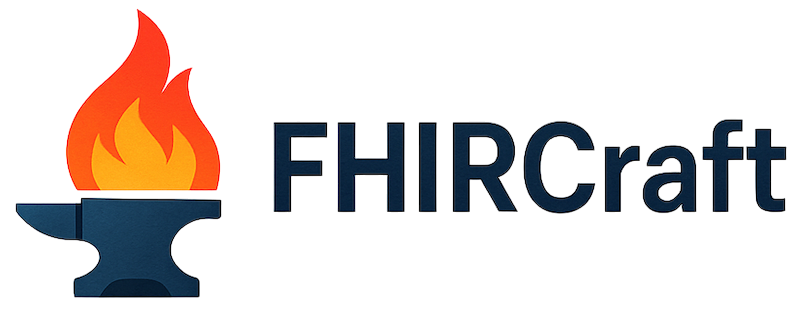Digital health solution providers face increasing pressure to integrate complex health data systems while ensuring scalability, security, and compliance with standards like HL7 FHIR. Fast Healthcare Interoperability Resources (FHIR) has revolutionized health data exchange by offering a standardized framework that allows diverse health IT systems to communicate effortlessly. But simply adhering to FHIR standards isn’t enough to overcome the intricacies of health data integration. Solution partners must leverage advanced architectural components like FHIR brokers, façades, and repositories to build scalable and efficient solutions. InterSystems offers all the essential features you need to implement FHIR for your health data, whether on-premises, in a public cloud, or as a cloud-based service managed by InterSystems.





.png)

